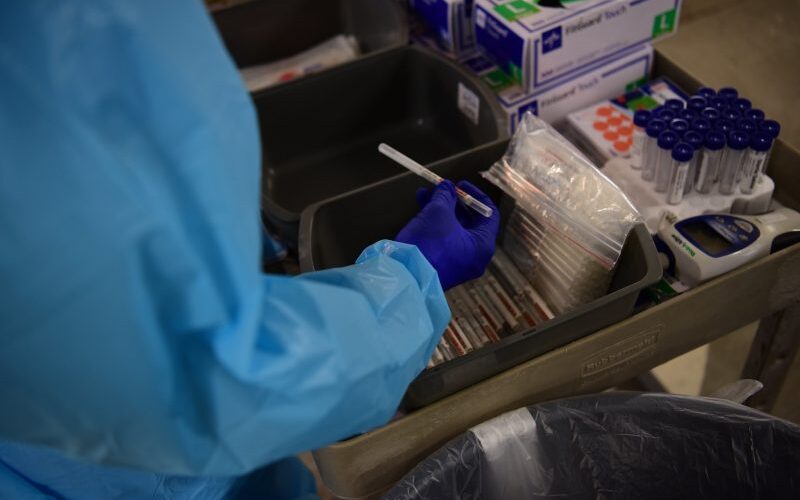
South Africa’s apartheid legacy is still hobbling research – a study of geography shows how
KNOWLEDGE matters. It informs how we think about the world around us. It informs our decisions and government policies, supporting economic growth and development. Knowledge is also power. Certain types of knowledge are given more value than others. This is driven by histories of privilege. In South Africa, apartheid looms large in debates about how knowledge is produced. Though it formally ended 30 years ago, it still influences whose knowledge is considered “right” and whose is sidelined. And this matters in everyday life. For instance, health and medical research and instruction used to focus on white and male bodies. This…


